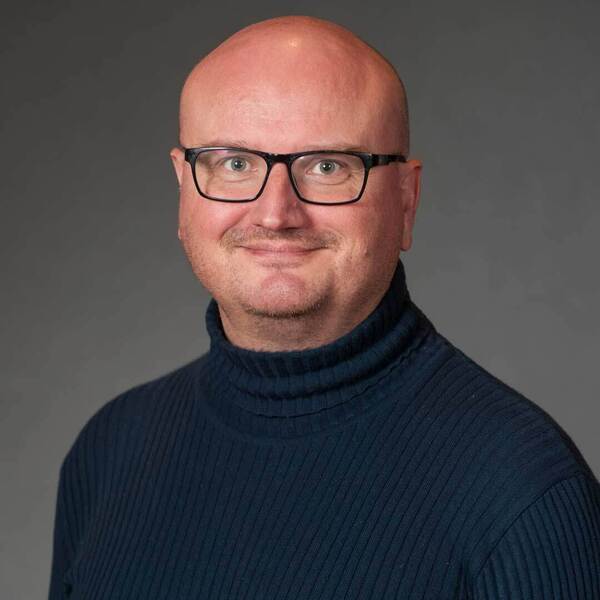The lecture is free and open to all. Lunch will be provided on a first-come, first-served basis 30 minutes prior to the lecture (beginning at noon). Sponsored by the Department of Political Science and the Nanovic Institute for European Studies, Keough School of Global Affairs.
About the Lecture
Since its invasion of Ukraine in February 2022, one of the most frequently asked questions concerns the nature of Russia and its leaders. These questions are not a new. Russia attracts interest from the beginning of its existence — with its vast territory, imperial ambitions, and expansion during the reign of Tsar and geopolitical concepts like those of Halford Mackinder indicating her capacity to be a world ruler. Her fate and state today are determined by several historical events of the former century: Russian Revolution, defeat of Hitler during World War II, the Cold War, and Gorbachev’s perestroika which led to the dissolution of the Soviet Union.
As historians, we could confine ourselves to the role of chroniclers, but the current situation doesn’t allow for this. The aim of this lecture is to confront answers provided by experts in Russian and Soviet studies in the past, with our current knowledge of Russia. I would like to examine some basic concepts authored by the Sovietologists who came to the USA during World War II or later and became an important part of American Soviet Studies — a branch of analysis which dealt (citing David Engerman’s book) with “knowing your enemy.” We will look for an “understanding of Russia” together with Włodzimierz Bączkowski’s concept of totalitarianism and some geopolitical analyses proposed by Zbigniew Brzeziński, vision of “evil empire” by Richard Pipes, and analysis of Soviet foreign policy as “expansion and coexistence” proposed by Adam Ulam. And we'll try to find out if an analysis of the Soviet state can be still relevant for an analysis of today’s Russia’s foreign policy.

About the Speaker
Sławomir Łukasiewicz, PhD. Hab., is a historian, political scientist, and Europeanist. He received Fulbright Senior Award 2019/2020, and since then he is an associate and visiting scholar at the Davis Center for Russian and Eurasian Studies, Harvard University. 2015-2019 director of the Institute of European Studies at John Paul II Catholic University of Lublin, Poland, where he is a university professor of European Studies. 2005-2021 he also served as historian for the Lublin branch of Poland’s Institute of National Remembrance, where he coordinated a research program on Polish political exile. With research interests encompassing the history of Polish and Central European Cold War exile and related intelligence operations, intellectual history, European integration concepts, the history of Polish historiography, and Sovietology, he is widely published, including most recently “Poland,” in: East Central European Migrations during the Cold War. A Handbook, edited by Anna Mazurkiewicz (Münich: The Gruyter Oldenbourg 2019); Christian Democracy across the Iron Curtain: Europe Redefined, co-edited with Piotr Kosicki (Palgrave, 2018), Third Europe: Polish Federalist Thought in the United States, 1940-1971 (Helena History Press, 2016), Partia w warunkach emigracji. Dylematy Polskiego Ruchu Wolnościowego „Niepodległość i Demokracja” (ISP PAN, IPN: 2014). His research in the US and across Europe has been supported by grants from institutions that include the Kosciuszko Foundation (1999/2000, 2022/2023), the Foundation for Polish Science (2008, 2022), the Polish Ministry of Science (2008-2011), and Fulbright Commission (2019/2020), Polish National Science Center (2022-2025) among others.
Originally published at nanovic.nd.edu.